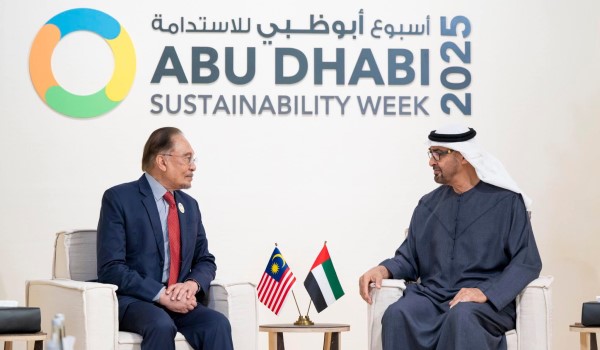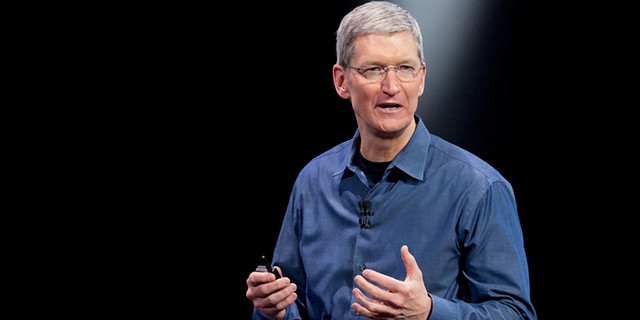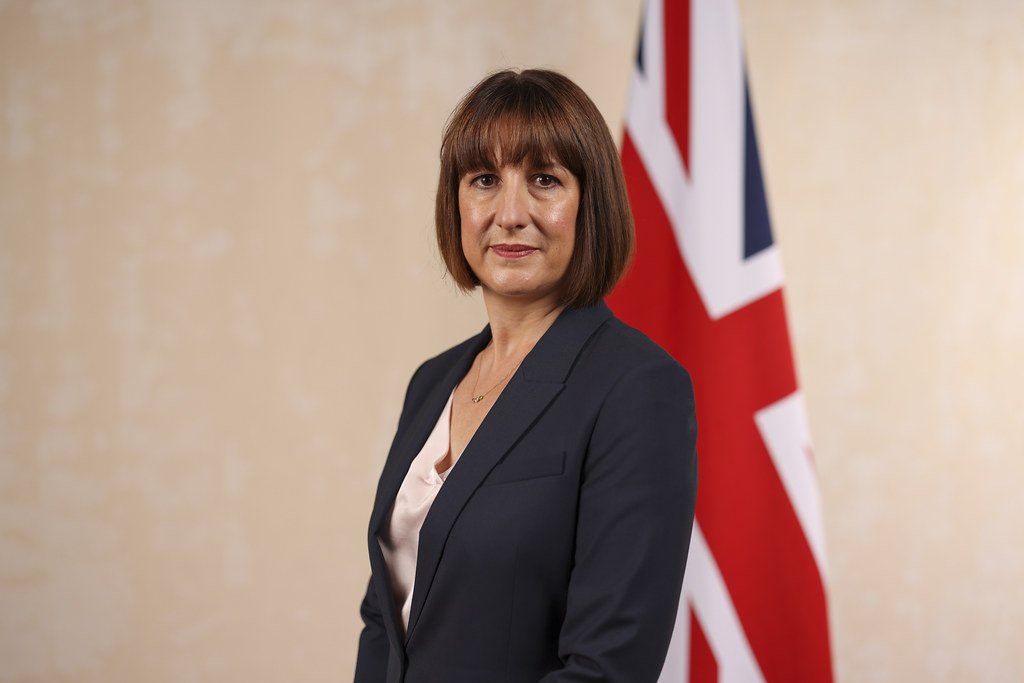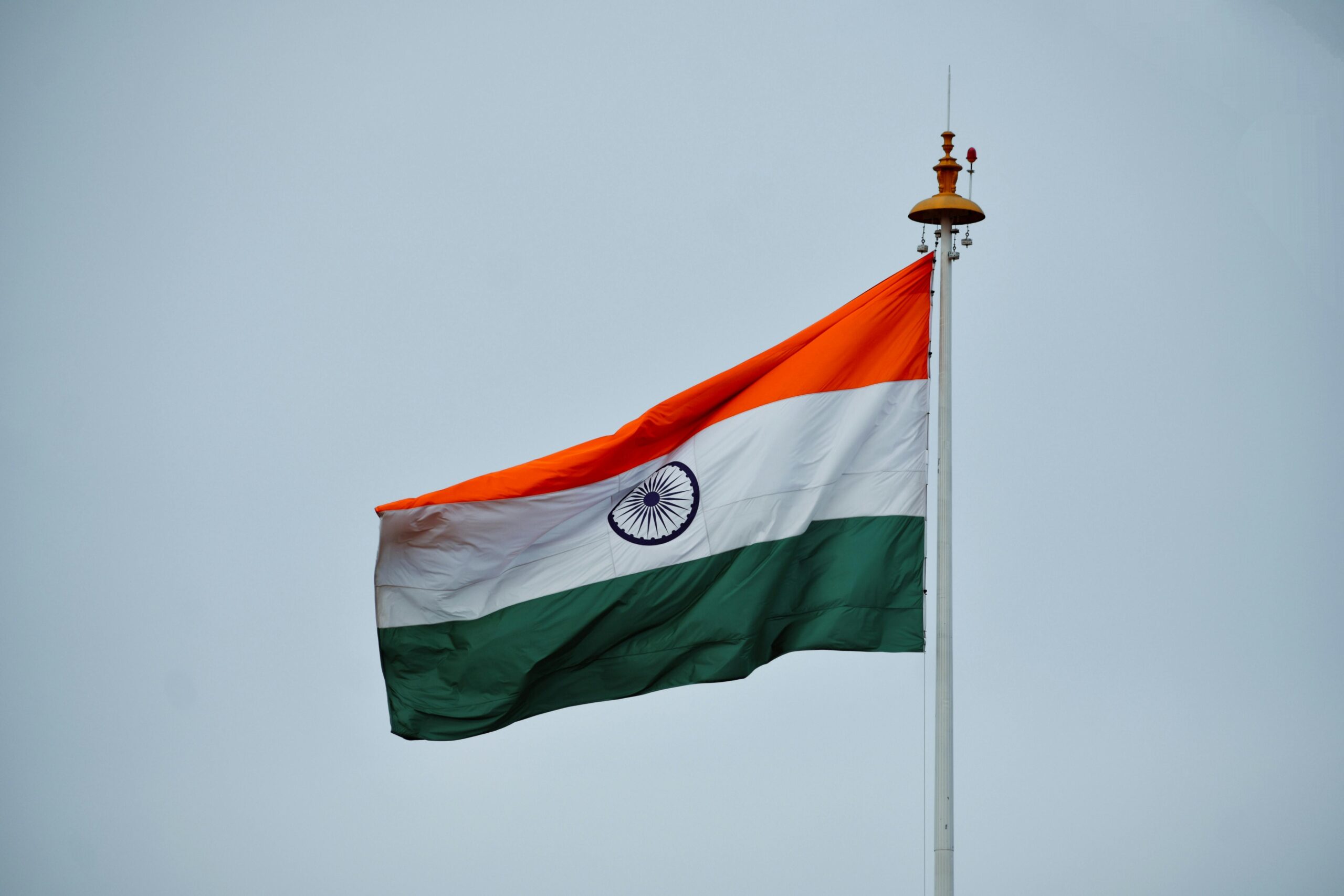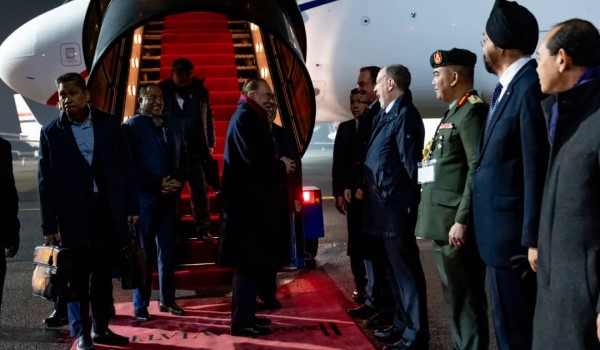Rachel Reeves, the UK Chancellor, embarks on a significant trade mission to China, aiming to bolster economic ties and explore investment opportunities. Her visit comes at a time when the UK economy faces challenges, including high borrowing costs and a depreciating pound. With more than 455,000 UK jobs supported by exports to China in 2020, the Chancellor’s mission holds considerable significance. The trip seeks to fulfill a commitment to deepen economic cooperation between Prime Minister Sir Keir Starmer and China’s President Xi Jinping, as stated by the Treasury.
During her visit, Reeves met Chinese Vice-Premier He Lifeng in Beijing, discussing trade and investment opportunities as part of efforts to grow the UK economy and raise living standards. The Treasury emphasized that this visit is a step towards growing the UK economy and ultimately raising living standards. However, it is not without its complexities, as the Chancellor also intends to address contentious issues such as China’s support for Russia’s war against Ukraine and human rights concerns in Hong Kong.
Reeves’ Stance Amid Economic Turmoil
Speaking during a visit to UK bike maker Brompton’s Beijing store, Reeves insisted she would not alter her economic plans. Reeves will be accompanied by Bank of England Governor Andrew Bailey and other senior representatives from financial services firms. Their presence signals the importance of financial sector engagement in this mission.
Despite the strategic goals of the visit, it coincides with significant market turbulence at home. UK borrowing costs have reached a 16-year high, and the value of the pound has fallen below $1.22. In light of these developments, the Treasury has ruled out any emergency intervention in the markets. The economic uncertainties have overshadowed Reeves’ trip, drawing criticism and skepticism about its timing and potential impact.
China stands as the world’s second-largest economy and the UK’s fourth-largest single trading partner. The potential for increased trade and investment between the two nations is substantial. According to the Treasury, Reeves’ visit aims to “bring down barriers” that hinder British businesses from exporting or expanding their operations in China. By addressing these challenges and exploring mutual interests, both countries could unlock new avenues for economic growth.
Reeves’ discussions with Chinese Vice Premier He Lifeng will delve into complex subjects, including geopolitical tensions and human rights issues. The Chancellor’s approach seeks to strike a balance between fostering economic collaboration and addressing differences candidly. As she stated:
“By finding common ground on trade and investment while being candid about our differences and upholding national security as the first duty of this government, we can build a long-term economic relationship with China that works in the national interest.” – Rachel Reeves
The UK economy has experienced stagnation, leading businesses to prepare for impending tax increases set for April. Against this backdrop, Reeves’ visit represents a strategic effort to explore avenues that could revitalize economic activity. However, critics argue that more immediate concerns at home may require attention.
What The Author Thinks
While Reeves’ trade mission to China is strategically important for enhancing the UK’s economic relations, its timing amid domestic economic challenges raises questions about prioritizing long-term benefits over immediate concerns. The potential for expanded trade with China is undeniable, but the UK’s current economic turbulence, including high borrowing costs and the depreciating pound, demands urgent action on homefront issues. Reeves’ approach must strike a delicate balance between fostering international ties and addressing the pressing needs of the UK economy.


